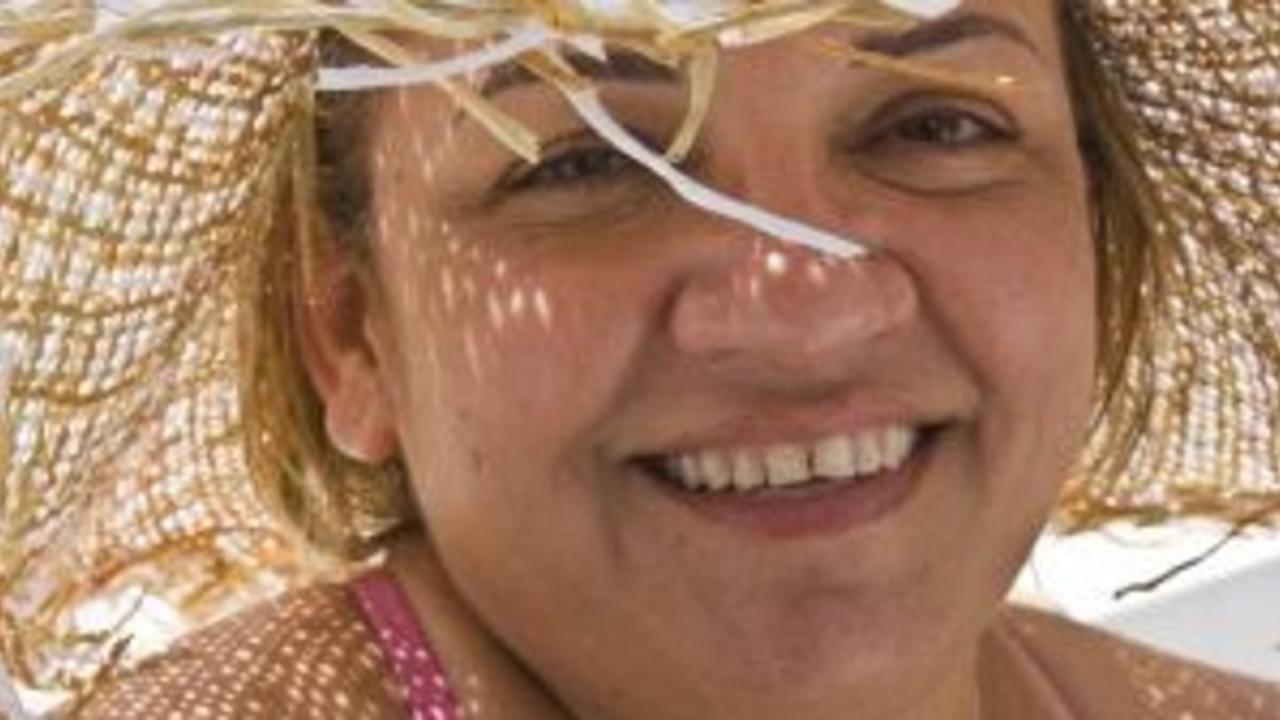Is Trying To Be Happy Stressing You Out?

 There's an important article by Brock Bastian, just now appearing in The Conversation, entitled "Is the promotion of happiness making us sad?" If you're living with diabetes, heart disease, or any other chronic condition, I'd really encourage you to take a look at it.
There's an important article by Brock Bastian, just now appearing in The Conversation, entitled "Is the promotion of happiness making us sad?" If you're living with diabetes, heart disease, or any other chronic condition, I'd really encourage you to take a look at it.
What you'll find there is an examination of the pursuit of happiness. Could anything be more American? We've even enshrined the words in our Declaration of Independence. We're a people that wants to be happy. If we're not happy, there's a tendency to pathologize that state - treating negative emotions as something that needs to be addressed with medication or therapy. Tremendous social pressure is placed on individuals to act as if they were happy, even if they're not. We're told to smile, and the whole world smiles with you.
Yet it turns out that the unrelenting pursuit of happiness, to the extent that it crowds out any other emotional state, such as sorrow or anxiety, can be counterproductive. Bastian's research indicates that perceived “social expectancies” not to feel sad were associated with increased negative emotions, depression, and reduced well-being. When people think society generally doesn’t accept sadness or that other people expect them not to experience or express their sadness, they have more negative emotions every week. They’re also more likely to report symptoms of depression and lower satisfaction with their lives.
Life With Chronic Illness: The Pressure To Be Positive
Does this sound familiar? If you're a person living with diabetes, heart disease, or an invisible disability, you may have lost count of the number of times you've been told to cheer up, smile through the pain, or just put on the rose-colored glasses already by people who have absolutely no idea what you're going through.
Barbara Ehrenreich addresses this phenomenon in scathing detail in her book: Smile or Die. Her experience with breast cancer brought her face to face with the positive psychology movement, where any of the inconvenient details of cancer - the fact that this disease may kill you and that you'll have days of pain and sorrow unlike any you've ever known - are brushed away under a pink carpet of optimism. Part of Ehrenreich's message is that this is not okay.
You might be surprised to discover I agree with her. Don't get me wrong. I'm the world's biggest cheerleader for the healing power of humor. I've seen the research that delineates the positive physical benefits that result from sustained periods of vigorous laughter. The ability to minimize blood sugar spikes, more effectively control blood pressure, and lower overall stress levels through the no-cost, always available, totally portable mechanism of laughter is a critical tool for anyone living with chronic illness. However, just because a tool is critical doesn't mean it's the only tool in the toolbox, nor does it mean you have to use it every minute of every day.
Diabetes is tough. Heart disease is tough. Invisible disabilities, such as lupus, arthritis, and fibromyalgia are tough. Breast cancer is tough. Part and parcel of these conditions is the fact that there are going to be really bad days. There are going to be days full of pain, sorrow, and grief. It is neither appropriate nor helpful to try to deny these days out of existence. Ignoring the fundamental realities of our own health experience does not help us get better, or live life more comfortably.
Bastian discusses the emerging embrace of "acceptance" of the current emotional state as necessary and appropriate for the individual's needs. There is a need for balance: a sustained depressed state will negatively impact your physical health. The key word here is sustained. Being able to acknowledge and experience the downtimes associated with chronic illness, with the support of a network that doesn't try to audit and control your emotional response, is important.
There is a time for sorrow, and there is a time for laughter. My message for you today is this: Only you get to decide what that time is for you. If you can laugh today, great! But if you can't, that's okay too. The world is a funny place, and the humor will be there when you're ready for it.

